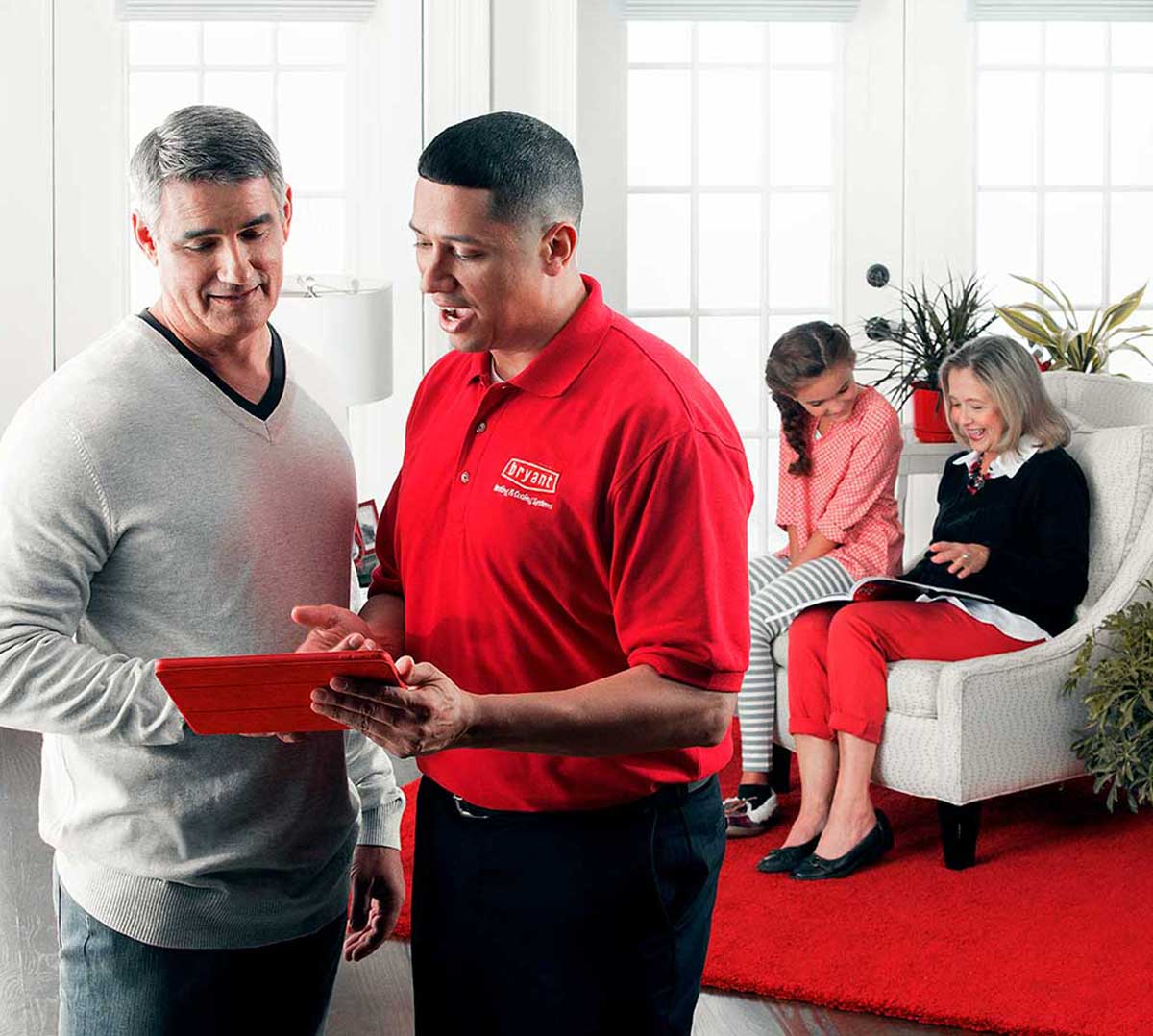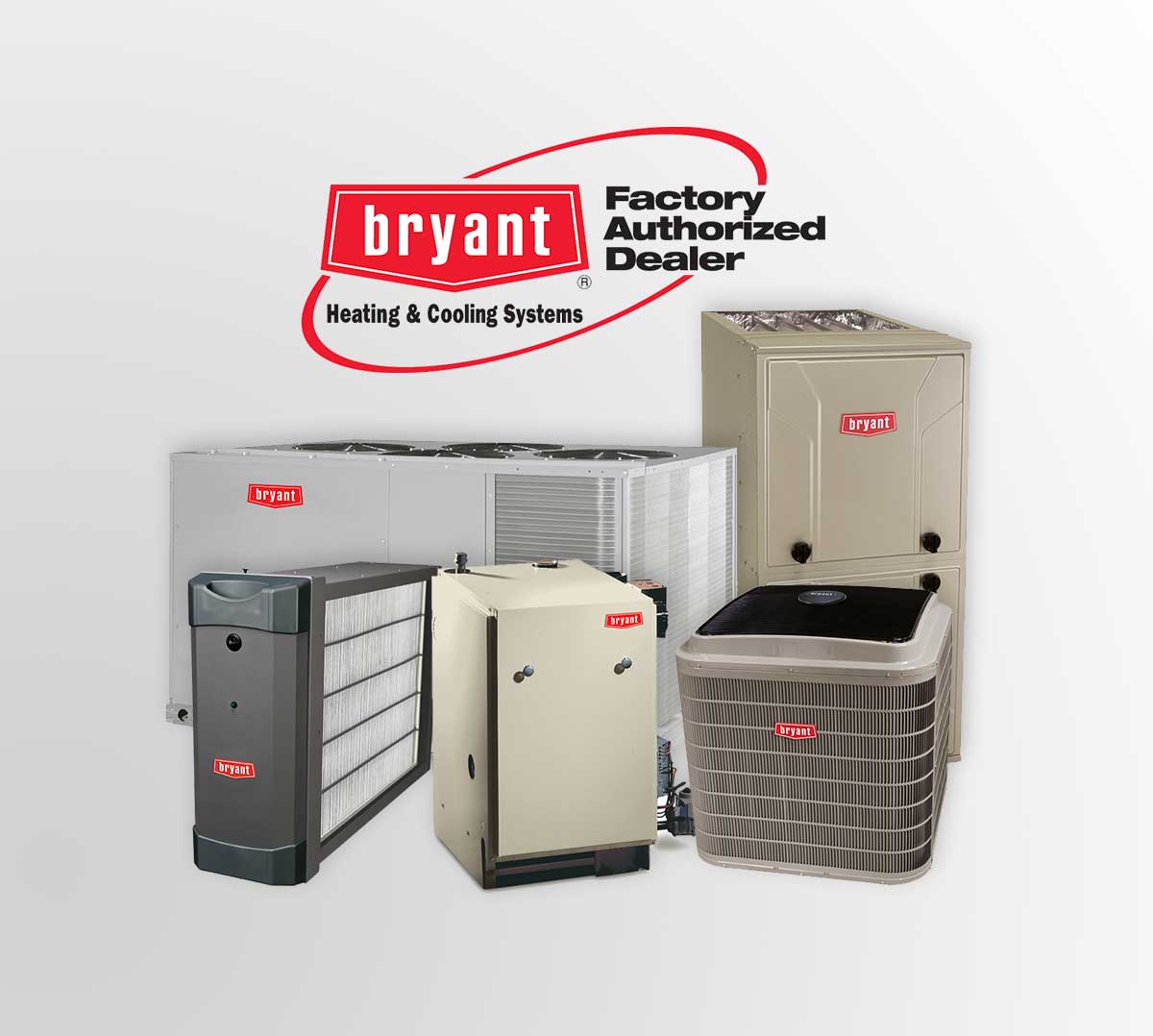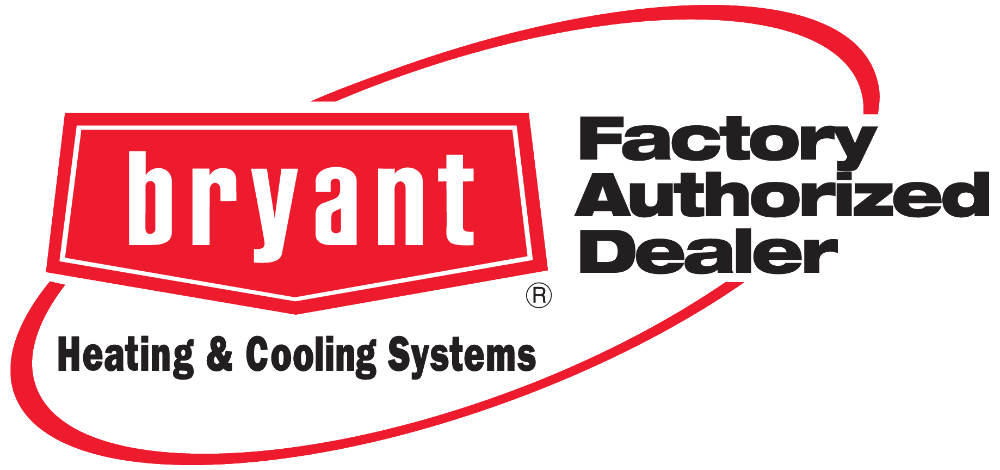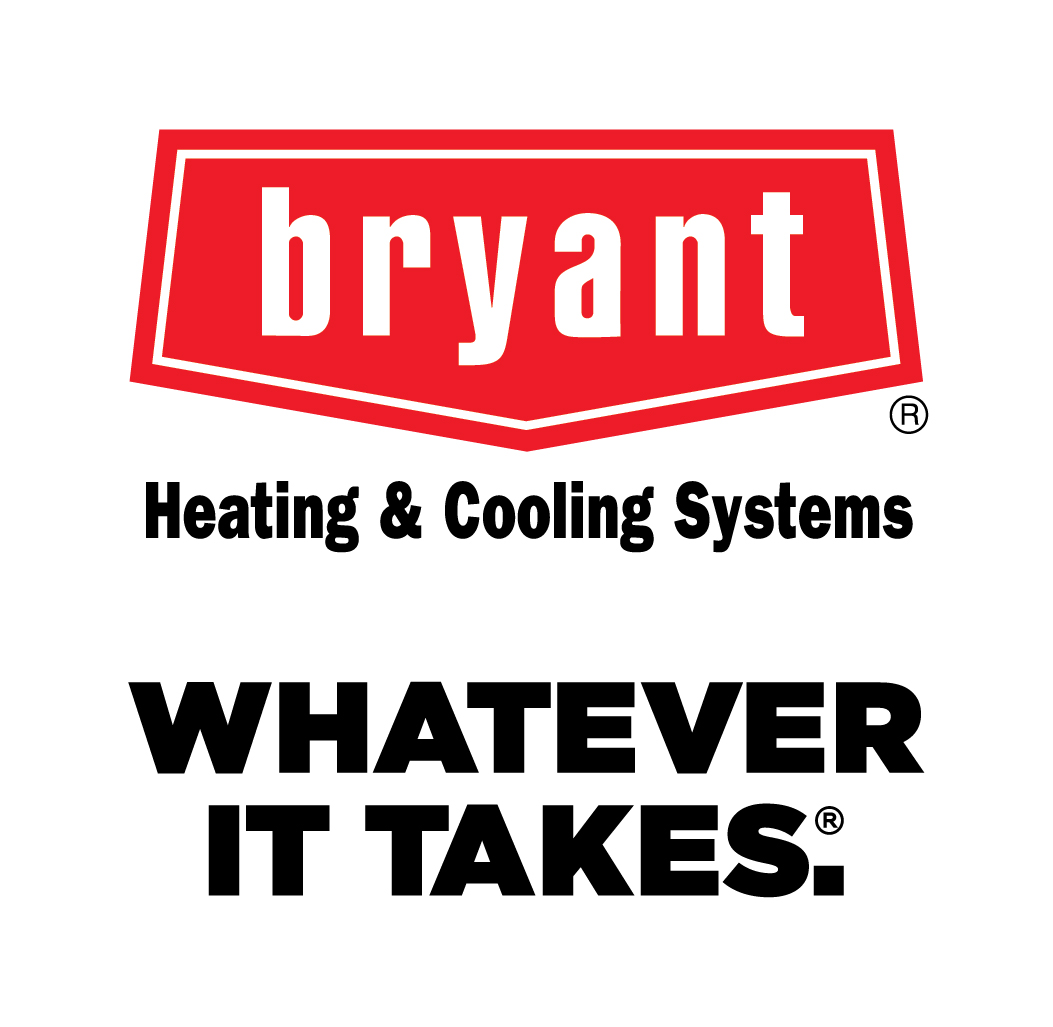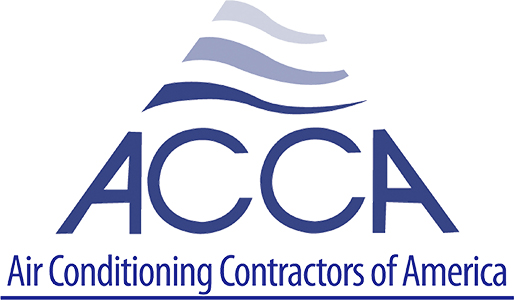The HVAC techs at Clark Comfort get a lot of questions from our local homeowners about their heating, cooling, and vent systems. In our decades of combined experience, we’ve seen just about everything! Plus, with our factory training on all major brands and models of HVAC equipment, we know the ins and outs of every type of furnace or air conditioner, which makes us pretty much experts.
Today, we’re answering your most pressing questions about your home’s HVAC equipment.
What do the letters HVAC mean?
HVAC stands for Heating, Ventilation, and Air Conditioning – the furnace or heat pump, air ducts, and air conditioner that keep your home’s temperature comfortable.
What is my air conditioner or furnace warranty?
Many brands offer warranties from three to seven years, but the average is five. Look for a label on the outside of your appliance with the brand, model number, and date it was manufactured. Then, you can check the brand’s website for warranty information and see if your appliance is still within it.
What’s up with the loud noises coming from my furnace?
Whooshing noises when the furnace turns on could mean a problem with the gas or pilot light. Banging sounds or rattling often mean a loose part. Our techs can tell you for certain what’s wrong with it.
How large of an air conditioner or furnace should I get?
The size of the furnace you should buy often depends on how large the space you plan to put it is. Outdoor air conditioners, though, don’t really have that restriction. What you should look for is the SEER rating and the number of BTUs, and what you need based on the square footage of the house, the number of windows, and your anticipated usage.
What is a trip charge for my repair?
A trip charge is the expense for your Clark Comfort’s travel time and time spent diagnosing the problem with your furnace or air conditioner.
What is a Precision Tune-Up, and do I need one?
You actually need a tune-up for your HVAC system every year. We like to perform the tune-up for a furnace in the late summer or early fall and the one for your air conditioner in late winter or early spring. Tune-ups are routine maintenance, cleaning, inspections, and re-lubrication that ensures that your appliance is working at its most efficiently.
Should I replace the indoor system when I replace the outdoor system?
Heating and cooling equipment is initially installed at the same time, and both furnaces and air conditioners have a lifespan of about 10-12 years. If you’re replacing one unit because it doesn’t work anymore, chances are the other one is on its last legs, too. It may be better to replace both and upgrade to something energy efficient or a Smart Home system.
How often do I need to change the air filter in my home?
You should probably change the air filter every 30 to 90 days. If you have pets in the home, live in a high-pollen area, or someone in your house has allergies or respiratory disease, then you should change it monthly. Otherwise, 60 to 90 days is fine.
Should I cover my outside air conditioner during the winter?
Outdoor a/c units are durable and can withstand harsh weather conditioners, so you usually don’t have to. But, if you have window air conditioners, then you should either remove them or cover them with a breathable piece of fabric.
Should I have a humidifier in my house?
Humidifiers reduce the effects of dry air on your skin and can help during the winter, especially if you have very dry or easily chapped skin. If you use your home’s air conditioner continuously in the summer, you also may need a humidifier since part of the function of an a/c unit is to remove humidity from the air inside.
Should I have my air ducts professionally cleaned?
Yes! And don’t try to do it yourself. Regular ductwork cleaning removes the dust, pollen, pet dander, and mold spores that accumulate in the air in your house. Without regular cleaning, your interior air quality can be worse than polluted air outside! When these particles recirculate in your house, your family and pets can get sick more often.
How long can I run my air conditioner before it freezes over?
You shouldn’t strive to operate your air conditioner until it freezes over – when this happens, you may have to replace the whole unit. The length of time you can run the a/c without breaking or freezing the evaporator coil depends on how cold it is and how long you have it on without setting it to cycle off. Make sure that the coolant levels are right, also to avoid the coil freezing over.
Call Clark Comfort Today For All Your Residential HVAC Needs!
If you have questions about your own heating or cooling appliances, or if you think there’s something wrong, give us a call! We’re here when you need us for all your heating, cooling, and indoor air quality needs.


